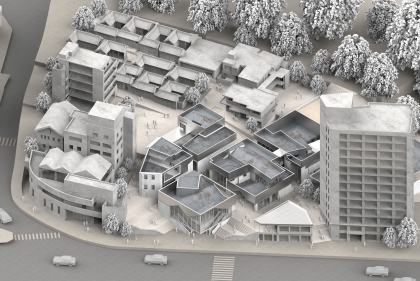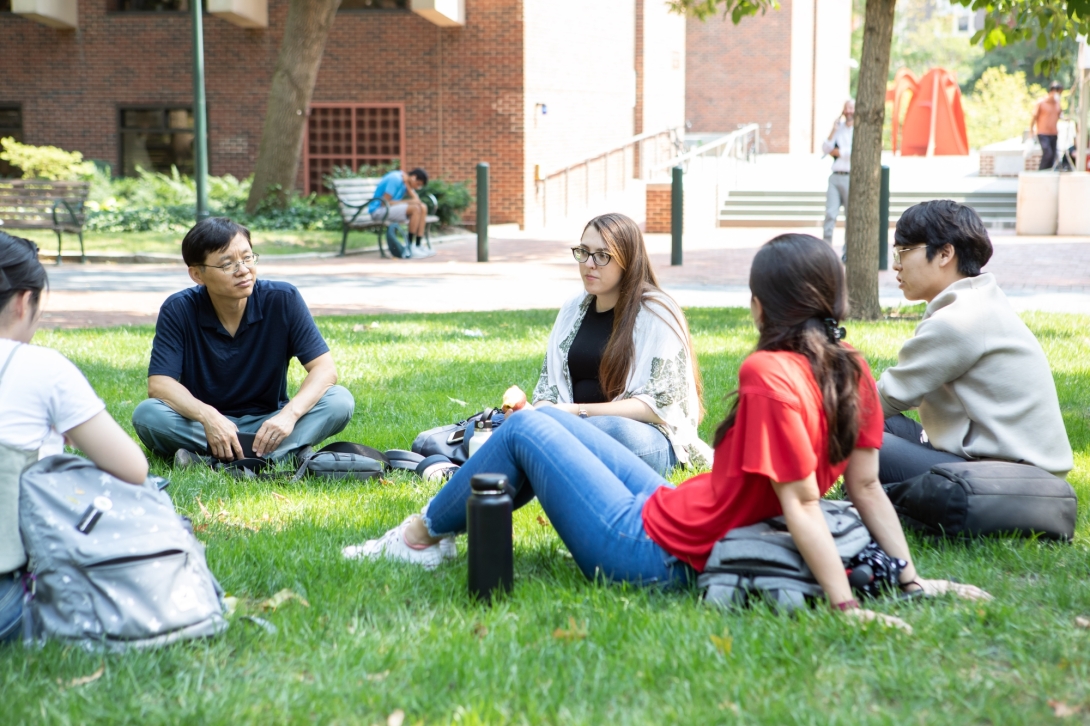September 25, 2024
Zhongjie Lin Named Benjamin Z. Lin Presidential Professor
By Jared Brey

Lin moderated a panel of Chinese and American scholars at the celebration of Lin Huiyin's posthumous Bachelor of Architecture degree, awarded on May 18, 2024. (Photo Eric Sucar)

 Expand Image
Expand Image


